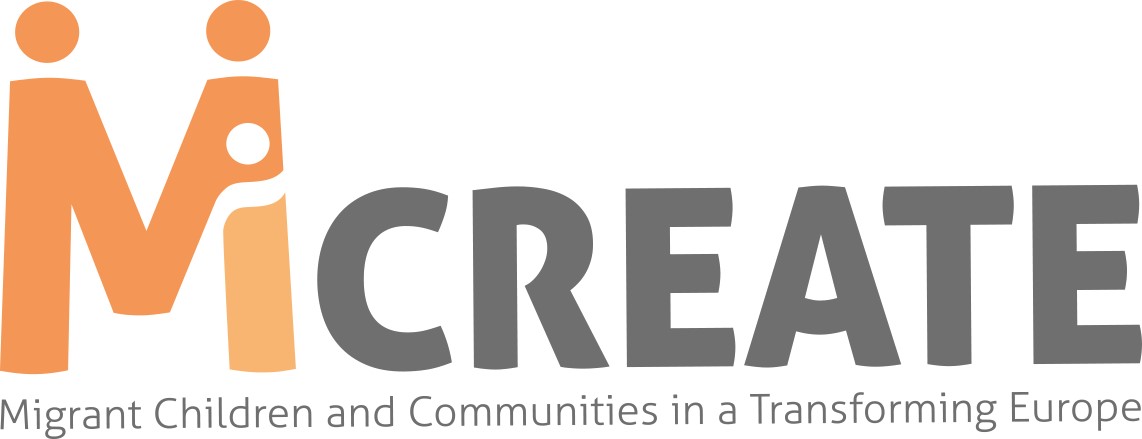To Improve Knowledge about Children’s Experiences of Life in New Social Environments
Our objective is to gather migrant children’s experiences related to different stages in the integration processes (newly arrived
and long-term residents) and different institutional settings (asylum homes, hotspots, refugee camps, schools). Doing child-
centred fieldwork with children will improve our understanding of children’s experiences of a life in new social and cultural
environments related to the arrival and staying in host societies. It will offer a new insight into the conceptualizations of well-being
and needs and help us to understand the the dynamics of integration in relation to educational systems, peer groups, sport,
leisure activities and classroom dynamics, psychosocial support services.
To get an insight into school peer dynamics in view of the integration process
Project’s specific objective is to examine the impact of local children on the integration of migrant children and to give an insight
into peer dynamics among local and migrant children. Our aim is not only to identify the potential of local children as a factor in
processes of migrant children’s integration, but also to compare indicators of social inclusion and thereby evaluate the level of
success in integration, especially by comparing migrant and local children in view of family dynamics, cultural identity, leisure
activities, relations with peers, future ambitions, classroom dynamics, gender and religion dimensions, etc.
To build on the capacity of teachers and educational staff for diversity managing
Project’s objective is to build on capacity, educational and awareness raising of teachers and educational staff, and for
professionals and other adults who come into regular contact with children to better assess risks and meet the specific needs of
migrant children in host societies. In this manner the project will contribute to the mutual learning and capacity-building of
teachers, who will then be better equipped with the knowledge about their students that is necessary for further development of
good solutions and best practices in line with children’s needs when it comes to managing ethnic diversity in schools.
To develop child-centred tools for stimulating migrant integration
The proposed project has an objective to overcome integration challenges. For this purpose, Work package 10: Integration Lab is
foreseen with an aim to develop new tools and, where possible, to advance effective practices used in schools by teachers for
motivating migrant children’s integration and raising awareness and tolerance among local children. This is vital, especially in the
light of the call that gives weight not only to mapping integration challenges but, more importantly, to winning them. Having this in
mind, special precautions have been taken to avoid the project results becoming end in themselves.
To design child-centred integration policy recommendations for diverse decision-makers
Creating a child-centred integration policy as a specific objective will involve forming policy that puts the focus on the child while
looking at how specific measures respond and impact migrant children’s needs and at the same time acknowledges their well-
being. Knowing that policy-makers have been criticized for being excessively selective, merely choosing from those components
of expertise that fit their problem definitions, on the one hand, and that researchers have been challenged for being unable to
reflect critically on their own problem definitions due to their engagement with policy on the other hand, the project confronts
child-centred approach with integration and policy.
